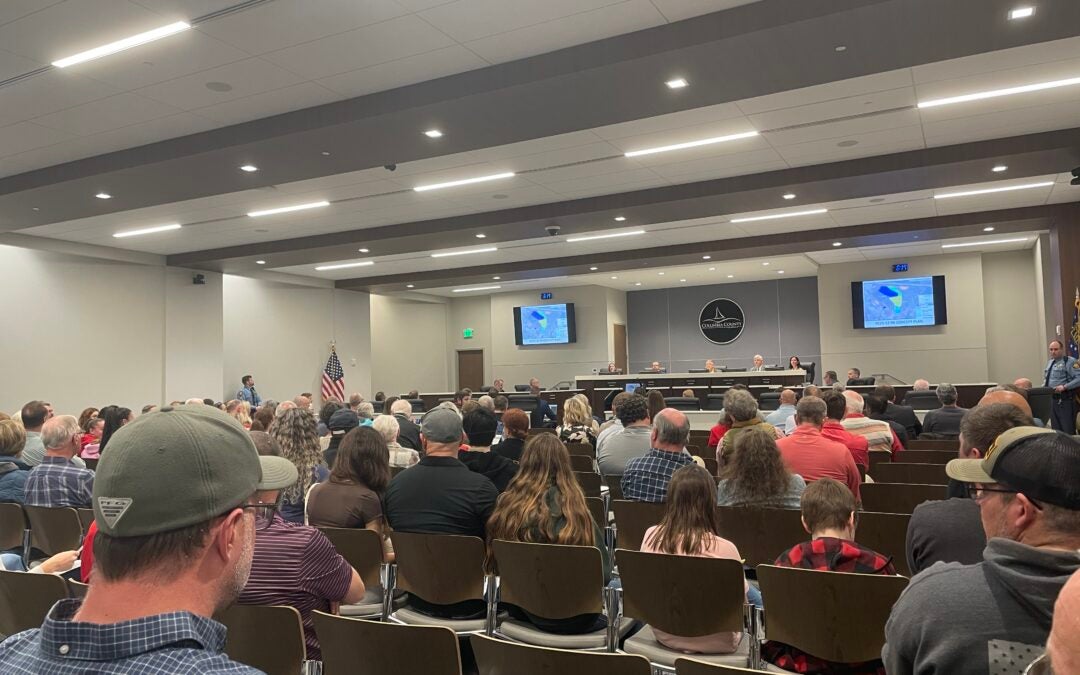Once upon a time, somewhere like one in three automobiles seen on Augusta roadways had a bumper sticker that read “American born, Southern by the grace of God.”
The Mason-Dixon Line was once a true demarcation that one had left the proper continental United States and entered “Dixieland.” One thing that really set Southerners apart was the language and dialect.
Southerners were not “about to do” something, they were “fixin to do it” and (phonetically) “Jew eat chet” was a common invitation to dinner, or supper, depending on whether you were from Georgia or Texas.
The so-called Southern drawl could be detected from a mile away. Meanwhile, anyone who called a Coca Cola a “soda pop” stood out like a carpetbagger wearing the scent of a polecat.
Today, however, the Southern drawl is all but a memory. Someone like my great-grandfather would have trouble communicating with the people of today. He would be met with uncomprehending stares if he went to the local tire shop and said, “That tar y’all sold me ain’t worth a hill ‘a beans.”
When I got my first job in radio in 1991, my program director, the late, great Matt Stovall told me, “The first thing you’re gonna have to do is get rid of that accent.”
Matt reminded me that Augusta is a transient town with not only people from all over the nation being stationed at Fort Gordon, but other large employers moving their operations to town. If I wanted to be a success in radio, then I couldn’t come across like I was part of the cast of “The Dukes of Hazzard.”
Funny thing is, I didn’t think I had an accent at all.
According to a paper by linguist Sean Lundergan and republished by “The Times” of the UK, Stovall was correct in his assessment that, over time, migration from other parts of the country has rendered the Southern language and dialect as obsolete as a Tin Lizzie that ain’t got no ayer.
Yet, there are other parts of Southern culture that are perhaps so engrained that they have hung on like a fly on the winda-sill.
Southerners get all impatient at a train crossing, tapping our fingers on the steering wheel and craning our necks to see how long the thing is to help us decide if we should try an alternate route or just wait it out. But we are perfectly fine with waiting 20 minutes for a funeral motorcade to go by.
The moment a funeral cortege is spotted, prayers are said and heads are bowed. If my mother-in-law was in the car, the rosary beads came out of the glove compartment. Then, we all look to see if we spot someone we know in the motorcade.
Once upon a time in the south, there was nary a store open on Sundays. The mall parking lots were empty, liquor stores closed and while pharmacies like Revco might be open, certain purchases covered by the “blue laws,” such as pantyhose, were placed under lock and key.
I can’t tell you how many times I watched my mother apply clear fingernail polish to her hose and then search for a slip long enough to cover up a snag before Sunday school because no one sold pantyhose on a Sunday.
Today, women no longer wear pantyhose and virtually all the stores are open, but if you pay attention, after 2 p.m. there are hardly any cars on the roadways. Even the Wal Mart creatures tend to stay home on Sundays.
Southerners really get boiled when we have to endure the “convenience” of paying a bill on the phone. After dialing “1” 15 times following ridiculous prompts like, “You said your name is Scott Hudson, if this is Scott Hudson press ‘one,’ we begin to lose our religion.
We prefer to get in the car and drive across town to pay the power bill rather than punch a bunch of buttons.
Up north, it is considered rude to talk to strangers in an elevator. Meanwhile, Southerners will talk to anyone, about anything, anywhere. We are not only chatterboxes in elevators, but also in checkout lines, waiting for the next bank teller and, of course, while sitting in the barber chair.
If you pay close attention, you will notice that Southern men are conditioned to walk on the curb-side of a sidewalk. This Southernism goes all the way back to the days of the horse and buggy, when the dash coming from the unpaved roadways could end up on a lady’s skirt. It was considered gentlemanlike for men to walk on the dash-side of the sidewalk.
Saying goodbye to guests is a 30-minute ritual in the south. In the living room, “Well, I reckon we outta head out,” means there will be at least 10 minutes more conversation before anyone gets up from the sofa.
Once at the door, there might be another 15 minutes worth of chatting before everyone slowly strides down the driveway, talking all the way.
When the guests are safely in the car, we say, “Well, that was fun, we outta do this again real soon.” Sugar is exchanged, but there is still at least another five minutes of talking about the new improvements to the yard that went unnoticed at the start of the get-together.
The last rule is that the car does not move from the driveway until the hosts are safely back in the house, as if they may be in peril of a rock falling out of the sky; after a final wave, then the car is placed in reverse and the visit officially ends.
So, the Yankees may have taken away our unique form of communicating, there are certain Southernisms that will never die out.
Scott Hudson is the Senior Investigative Reporter, Editorial Page Editor and weekly columnist for The Augusta Press. Reach him at scott@theaugustapress.com












